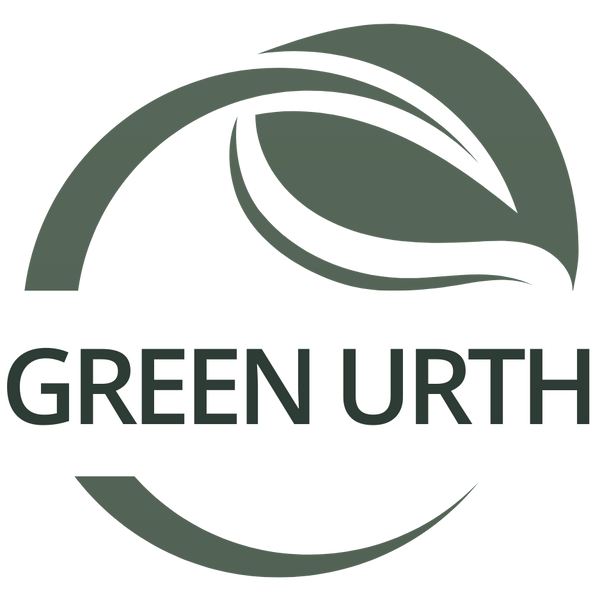
Impact
Working with its deep commitment to environmental responsibility
We believe in promoting small businesses, and intertwining sustainability with tradition, fostering a unique identity in the global market
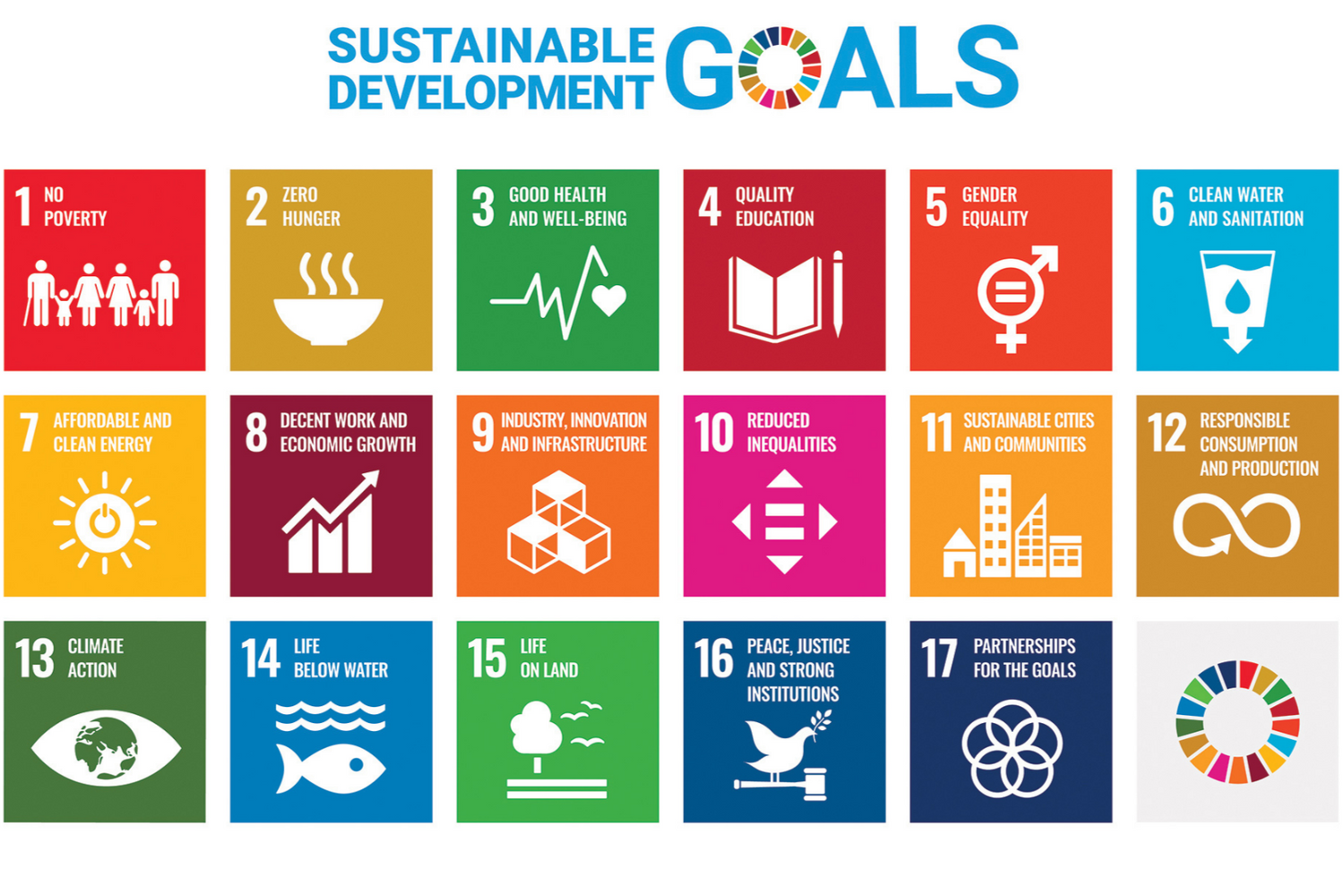
Committed to UN Sustainable Development Goals
Our direct collaboration with businesses enhances the progression of sustainability objectives within the community.
The business directly supports 6 SDGs bounding SDG 5: Gender Equality, SDG 6: Clean Water and Sanitation, SDG 12: Responsible Consumption and Production, SDG 13: Climate Action, SDG 15: Life on Land, in addition to SDG 17: Partnerships for the Goals to meet sustainability practices.
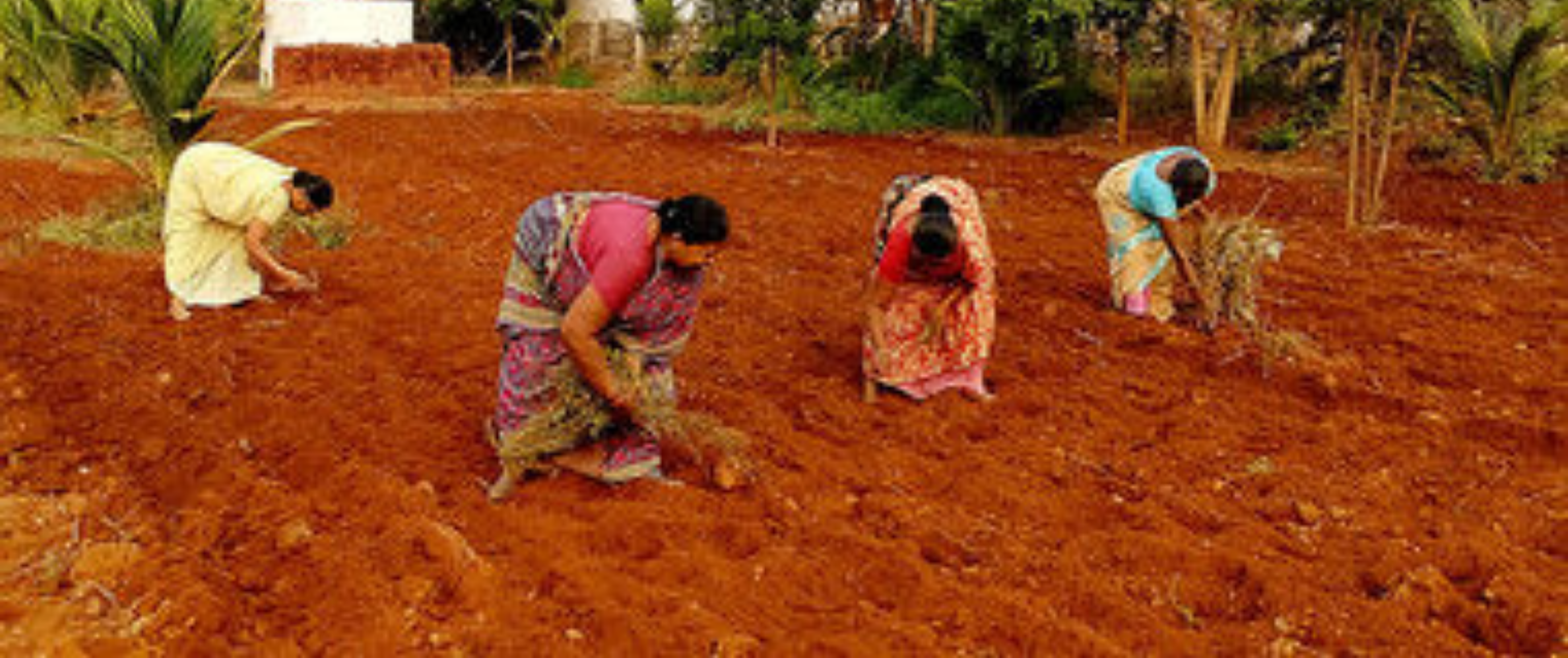
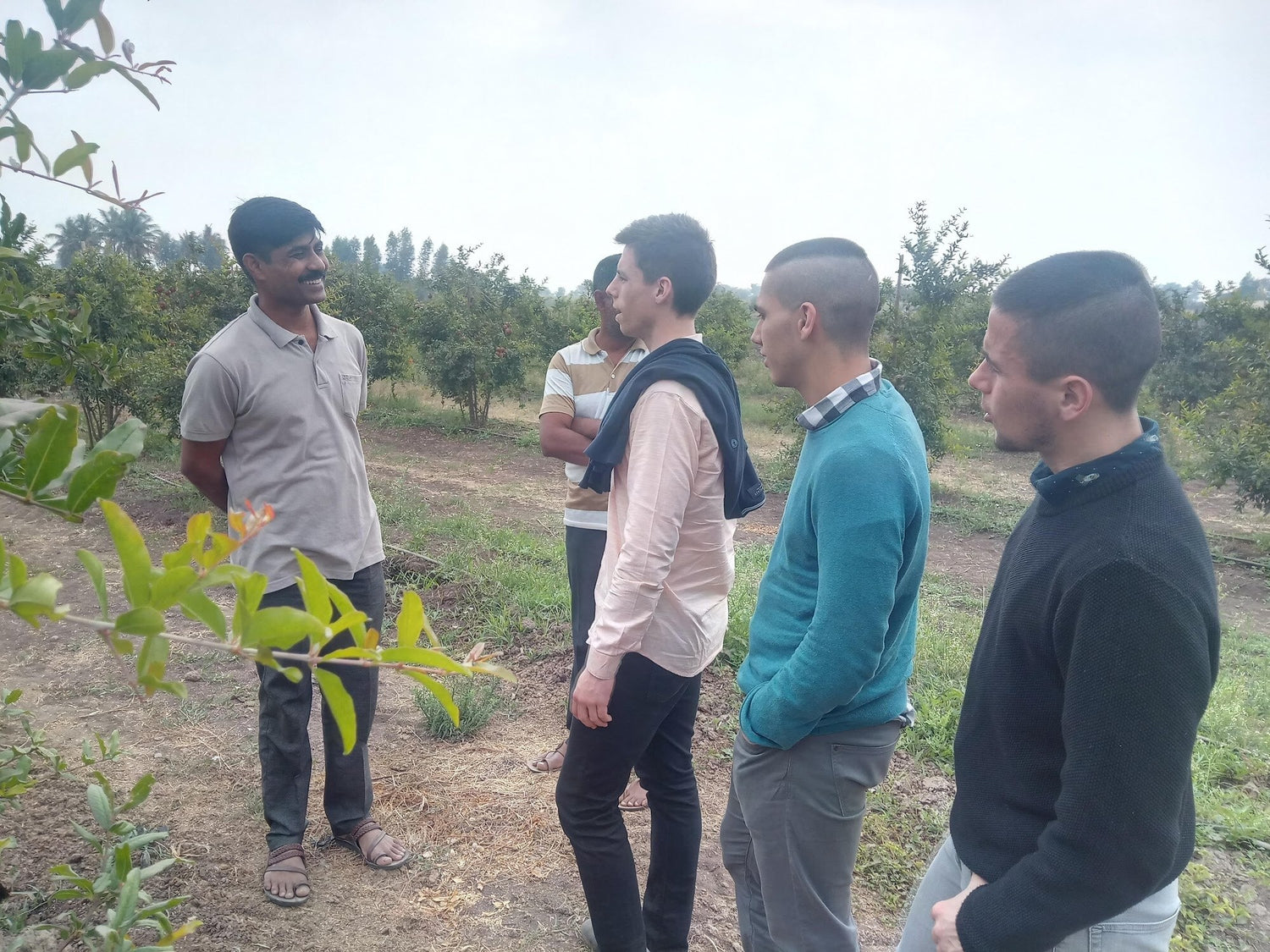
Proud Partners
Our main competitive advantage is our valuable relationship with suppliers that supports sustainable and ethical practices. The idea of combining the tradition and cultural heritage into products is what sets us apart.
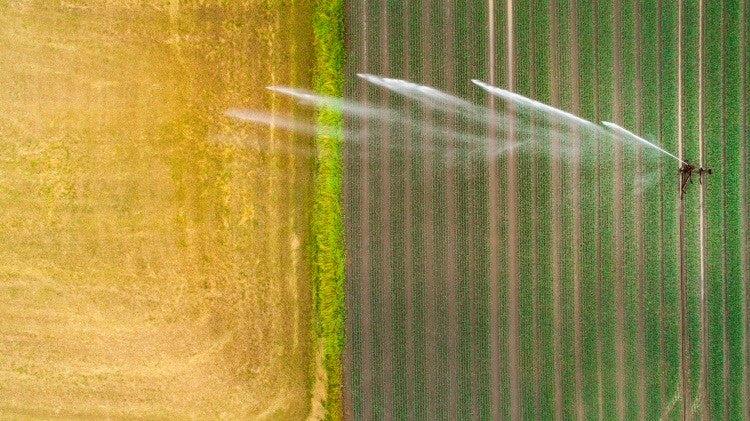
Promoting water conservation through consumer choices
The water footprint of a crop is a comprehensive measure of the freshwater used in its production, encompassing both direct water use (irrigation) and indirect use (water needed to produce inputs like fertilizers). It's typically expressed in liters of water per kilogram of crop produced.
Millet stands out as an exceptionally water-efficient grain. According to a study published in the journal "Water" (Mekonnen and Hoekstra, 2011), the global average blue and grey water footprint of millet is approximately 172 m3/ton of grain produced. This figure is strikingly low when compared to other staple grains:
Rice, paddy: 321 m3/ton
Wheat: 549 m3/ton
Maize (Corn): 275 m3/ton
Millet: 172 m3/ton
These figures illustrate that millet requires significantly less water than rice, wheat, or maize, which are among the most widely consumed grains globally.

Navigating Sustainable Shipping: Optimizing Carbon Footprint
Our optimized supply chain continues to reduce the carbon footprint while maintaining efficient operations and meeting customer demands.
-

51,803 CO^2 kgs offset/yr
-

10,000 kgs Plastic Saved
-

Supporting 9 Small Businesses
3 Women Led NGOs
-

Collaborating with 550+ Farmers
-

46,959.0823 m^3/ton water conserved
